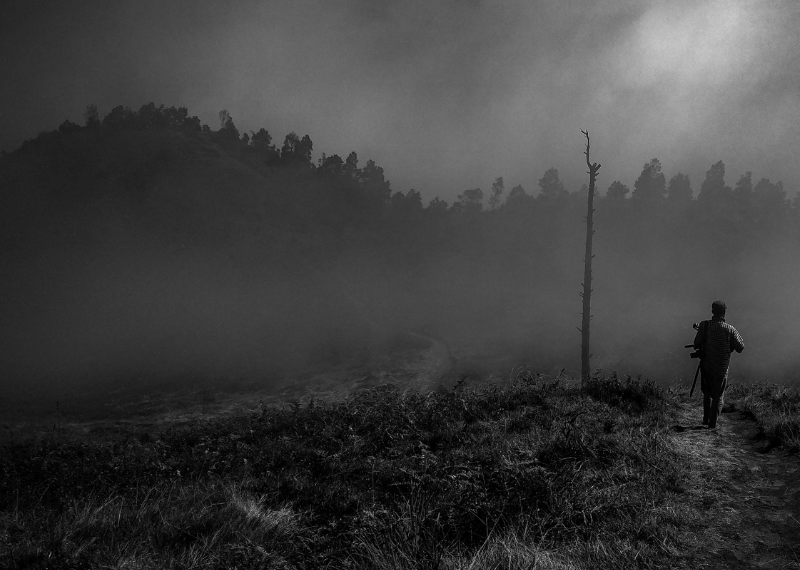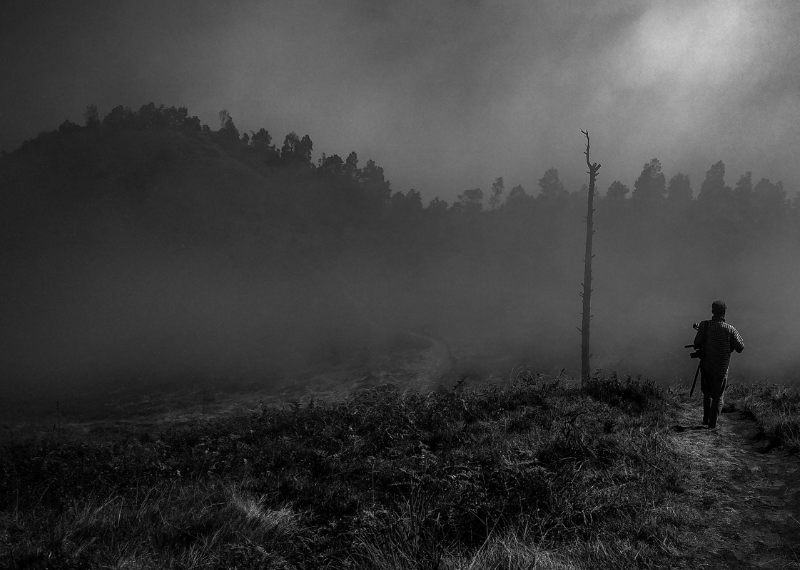
Today’s Sermon focus
The Holy Space of Telling the Truth
In life, we all know there are roads we don’t want to walk. We don’t want to walk through the valleys of the shadow of death. We don’t want to walk through grief or health challenges. Or disability. We don’t want to deal with guilt for when we mess up. We don’t want to mess with forgiveness or other people’s mess ups. We don’t want any of that. But that isn’t life, sadly. That isn’t life, even for those of us who are blessed with the promise of eternal life with Jesus.
The truth is every one of us has a story that could bring us to tears to hear it if that story was given the time and space to be told, heard, and grappled with. We may not be walking through the heat of your story today. But we may be, whether we choose to let others around us know about it or not. Regardless of how we present ourselves to the world, I am sure that all of us, at some point, would understand Elijah running away from his life to be alone in the desert and pray to God for life to end. Just like Jonah, Moses, and Job in the Old Testament, Elijah was another faithful servant of God who lost all imagination of life getting better.
I’ve heard motivational-speaker-type folks talk about how important gratitude practices are and how we can all at least be grateful to be alive, if nothing else. The advice of being grateful for life, if nothing else, would not have been helpful to Elijah sitting under a solitary broom tree in the desert wanting to die.
We will all have times when we cannot find in ourselves a reason that this dreadful experience of living should continue. Or, if we’re feeling like Job, we may believe we should never have been born at all.
This is one of the reasons why I love the Bible. The uncomfortable, sometimes unspeakable realities of our lives can be found in these stories. The Bible is not a motivational book telling you to look on the bright side of life, think positive, that you can do it or you got this, or that at minimum you can and should be grateful to be alive.
The Bible tells the truth that there are times or will be times that any of us might throw our hands up in despair and wonder why we are here at all. I know I’ve asked God, “Why create a world that needs redeeming? Why create beings with these big thinking brains that can contemplate our vulnerability or feel desolation?” Seems to me we could have all been chillin’ just fine in the great unity of the pre-Big Bang universe, but no. Here we are, some days feeling the joy of it all, filled with gratitude, filled with the joy of life. But there are also days, weeks, sometimes years for some of us that we’re a lot closer to Elijah under the solitary broom tree.
Friends, I’m here to tell you that you do not need to reach for gratitude or a cheerful face. You do not need to shine things up. You may choose to do so when it serves you to get through your days, for sure. But when it comes to God and hopefully a few close people, let Elijah be your guide in honesty.
While Psalm 34 starts with “I will bless the Lord at all times …”, there are many psalms, many human prayers in the Bible that start off with yelling at God, with admissions of defeat, or with fear or grief just pouring out of them. Telling God exactly how you feel is faithful, even if it involves some choice words. Not only can God handle your reality, your honest expression is a gift of intimacy with God. Same with telling a friend or family member or therapist or pastor or whoever exactly how you are feeling; this is a sacred gift you give by sharing yourself. God is present in those moments and that space of sharing becomes holy ground.
But more importantly, at least some days, it is a sacred gift to give this honest encounter to yourself. In our culture, we often do not take the time or the care to really attend to how our hearts are feeling. Or how our bodies are doing. Or the state of our relationships. Much less the true state of our world. All of this impacts us. All of this can be hard to acknowledge or feel. And when we do, what do we do with it?
Elijah let his brave face melt off in the desert. He walked for a day into the desert without food, without water. He was not tending to his life and was not intending to survive this time in the desert. But the angel of God came to care for him. She touches him. Feeds him. Gives him water. I imagine her watching over him as he slept, maybe gently singing to him. She tells him the journey will be too much without this basic, but tender care.
What I love about this angel’s care is she is not giving pep talks. She doesn’t ask what he’s grateful for. She doesn’t say, “You got this, Elijah.” The angel’s care is very simple. Being present, touching gently, feeding, and giving water. She also doesn’t sugar-coat the journey that is ahead of Elijah. It’s long and it will be grueling. And it will be lonely as Elijah journeys to Mt Horeb to have an encounter with God, who comes in the still, small voice on the mountain.
Neither does the angel say, “You’re right. It is too much and you should quit.” She doesn’t say, “You’re right. You’ve messed up so badly that you deserve to die or you can’t be forgiven.” No. She acknowledges the reality of his situation, that he is weak and the journey ahead is long and lonely. But he will be provided for – given the food, drink, sleep, touch, love, and attention he needs to continue.
We are afraid of grief. We are afraid of being sick. We are afraid of the many big feelings, big situations that arise in our lives that may make us feel like Elijah. But the promise of God is, “I am the bread of life.” I am the bread that will carry you through your long sojourns in the desert.
The promise is not that our circumstances of life will be easy. Or that anything in our lives will be the sources of our salvation. But it’s here, in our relationship with God wherever that shows up. In our private moments, in our hearts, in our relationships, in nature, in worship, this is the bread of life that sustains us.
In our worst moments, we often encounter God or experience grace in the same basic, but powerful ways the angel cared for Elijah; in the tactile, real, concrete care of our bodies and our hearts. In your suffering, are you eating good food? Are you drinking enough water? Sleeping? Getting hugs and foot rubs? Going outside? It doesn’t sound like Elijah was going out for a hike exactly, but there is a lot to be said about getting outside when these moments of despair hit.
And are you being honest about your struggle? Your feelings are valid, whatever they are, even if they ultimately don’t reflect reality. They may not even be something you’ll agree with once you say them out loud. Elijah wished to die. One might say that you shouldn’t wish to die because God made you. Maybe some would say it’s insulting to tell your maker that you’re not diggin’ his creation much right now, right? But it’s how he felt. You too can say this. Or you can say whatever the thing is you feel you can’t or shouldn’t say or feel. You can walk up to the edge of the void that is in you and feel it, journal about it, tell God about it, tell your people about it, and be cared for with gentleness. And you will see it change in time as that painful part is acknowledged and cared for.
Jesus tells us in our gospel today that “whoever comes to me will never be hungry, and whoever believe in me will never be thirsty.” Let us remember he says this and still goes to the cross. He says this and still suffers, as do his disciples. There is no get-out-of-suffering card in Christianity. It is sometimes the opposite as our hearts open to the world.
When we go to God, go to Jesus in our honest suffering, we find there that we are indeed fed and cared for like Elijah in the desert. Our difficulties are not erased … which stinks. But God, in his goodness, is there in the bottoms of our pits. When we go to our fearful voids, there is the presence of God there, promising eternal and unfailing relationship. The void is not empty. This is the path of death and resurrection. We will indeed find, eventually, newness of life coming from these voids, however dark and unwanted they are. This is the promise and this is our reality, as we bring our honest broken hearts to the Lord.
AMEN.
Sermon Reading – 1 Kings 19:4-8
4But he himself went a day’s journey into the wilderness, and came and sat down under a solitary broom tree. He asked that he might die: “It is enough; now, O Lord, take away my life, for I am no better than my ancestors.” 5Then he lay down under the broom tree and fell asleep. Suddenly an angel touched him and said to him, “Get up and eat.” 6He looked, and there at his head was a cake baked on hot stones, and a jar of water. He ate and drank, and lay down again. 7The angel of the Lord came a second time, touched him, and said, “Get up and eat, otherwise the journey will be too much for you.” 8He got up, and ate and drank; then he went in the strength of that food forty days and forty nights to Horeb the mount of God.
Service Recording
Sermon at 26:30
Join Our Email List
We email prayer requests to the community, along with worship bulletins for online worship, updates on special events, and the monthly newsletter. In general, you can expect about 3-4 emails a week from Celebration Lutheran.

0 Comments